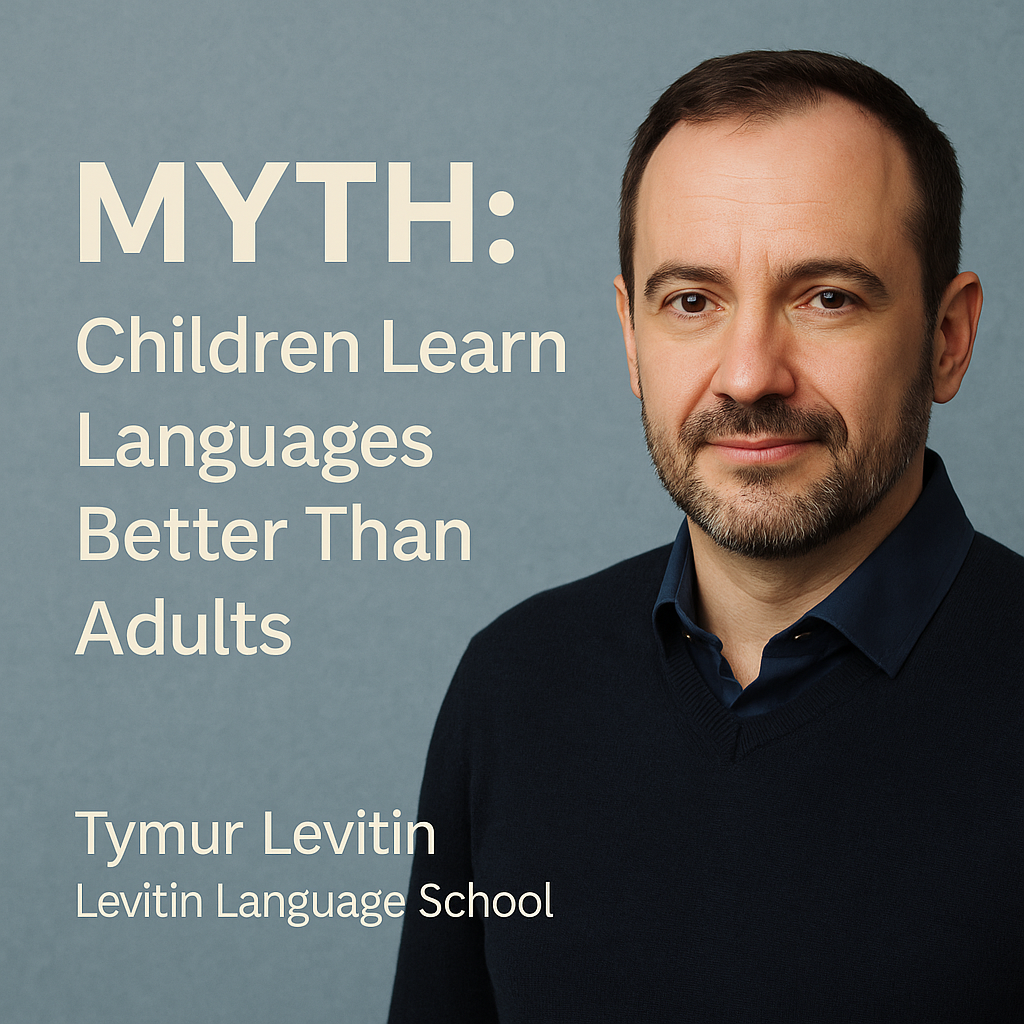“Schon” ist, was du fühlst. “Bereits” ist, was du feststellst.
You’ve probably seen both words in German:
- schon
- bereits
They both seem to mean “already.” But native speakers will tell you: they’re not quite the same.
In this article, we’ll explore:
- Why “schon” sounds emotional — and “bereits” sounds formal;
- When to use which in real-life speech and writing;
- How “schon” can mean more than “already” — and how bereits can quietly distance you;
- What happens when you use schon ironically;
- Why many Germans don’t realize the difference — but feel it instantly when it’s wrong.
Rozłóżmy to na czynniki pierwsze.
1. Schon = Emotional, Personal, Immediate
Słowo schon is one of the most frequently used words in spoken German — and one of the most versatile.
It doesn’t just mean “already”. It can mean:
- already
Ich bin schon da. — I’m already here. - just now
Hast du das schon gehört? — Have you just heard that? - really, truly (intensifier)
Das ist schon schön. — That really is beautiful. - even / at least / anyway (softening)
Mach das schon. — Just go ahead and do it. - used for comfort, reassurance or irony
Wird schon. — It’ll be fine.
🧠 Schon is rooted in feeling, intuition, tone, and presence.
That’s why native speakers choose schon in everyday speech:
It’s closer to the body. Closer to the emotion. Closer to the moment.
It gives the sentence warmth.
2. Bereits = Objective, Formal, Precise
In contrast, bereits feels detached.
It means “already” too — but in a cooler, more formal sense.
- Bereits angekommen — already arrived
- Die Zahlung wurde bereits getätigt. — The payment was already made.
- Ich habe das Angebot bereits geprüft. — I have already reviewed the offer.
You’ll mostly see bereits in:
- formal writing (letters, reports),
- official communication (emails, contracts),
- professional environments (business, law),
- media language (news reports, journalism).
🧠 Bereits = fact, formality, distance.
It’s less about emotion — more about verification.
3. Can I Always Replace One with the Other?
No. While both are grammatically correct in many contexts, they are not stylistically interchangeable.
Let’s compare:
- Ich bin schon da.
✓ Conversational, friendly. - Ich bin bereits da.
✓ Correct, but sounds very formal — like a bureaucrat talking.
Another:
- Wir haben schon bezahlt.
→ casual, confirming, maybe reassuring. - Wir haben bereits bezahlt.
→ official, cold, maybe even defensive or legal.
So, even if the meaning is the same — the tone is not.
💡 Think of schon as spoken German’s warm embrace.
Bereits is the crisp suit in the office.
4. Irony and Intonation: The Power of “Schon”
German is a language of tone and order. And schon is one of its tonal superstars.
Here’s how tone shifts meaning:
- “Schon gut.” — “It’s fine.”
said warmly → comforting
said curtly → dismissive
said flatly → passive-aggressive
said with a pause → suspicious
Another:
- “Er hat das schon verstanden…”
He got it… (implied: maybe not really) - “Das war schon seltsam.”
That was kind of strange (or: really strange, depending on stress)
🧠 Schon is where German emotion hides in plain sight.
There is no English equivalent that works with such range. Already is too flat. Even is too strong. Really is too vague.
Schon is its own logic.
5. Can I Use “Schon” in Formal Writing?
Yes — but carefully.
In formal documents, bereits is generally preferred because it sounds more professional. But there are exceptions:
- Letters to known clients / soft-tone emails
→ Ich habe das schon geprüft. (friendly, responsive) - Academic writing with personal voice
→ Schon Aristoteles sprach davon… (already even Aristotle spoke of…)
But still:
- Contracts, legal papers, academic abstracts → always use bereits
6. Regional Nuances: Austria, Switzerland, Dialects
In Austrian and Swiss German, schon often takes on even more functions — especially as a softener or reinforcement.
Examples:
- Mach schon weiter! — Go on! (Swiss tone = milder)
- Das passt schon. — It’s okay. (Austrian = reassuring)
And in southern dialects, schon sometimes appears doubled lub rephrased:
- Des is scho guad. — That’s good already.
- I bin scho lang do. — I’ve been here a long time.
While bereits remains largely standard and formal, schon adapts regionally — it’s żył German.
7. Common Mistakes of Learners
✅ Overusing bereits in speech — makes you sound robotic
✅ Underestimating the tone of schon — leads to miscommunication
✅ Thinking they mean the same — leads to awkward phrases
✅ Translating “already” as schon lub bereits without context
8. Final Thought: Language Lives in Feeling
Why do Germans often use schon even when they could say bereits?
Ponieważ schon feels alive.
It reacts. It adapts. It comforts. It jokes.
Bereits confirms.
Schon connects.
If you want to speak perfect German — know your grammar.
But if you want to speak real German — feel your schon.
📘 Kolumna autora - Język, w którym żyję
Język. Tożsamość. Wybór. Znaczenie.
Tymur Levitin - założyciel, nauczyciel i tłumacz
🔗 View my profile
🔗 https://levitinlanguageschool.com
🔗 https://languagelearnings.com
























